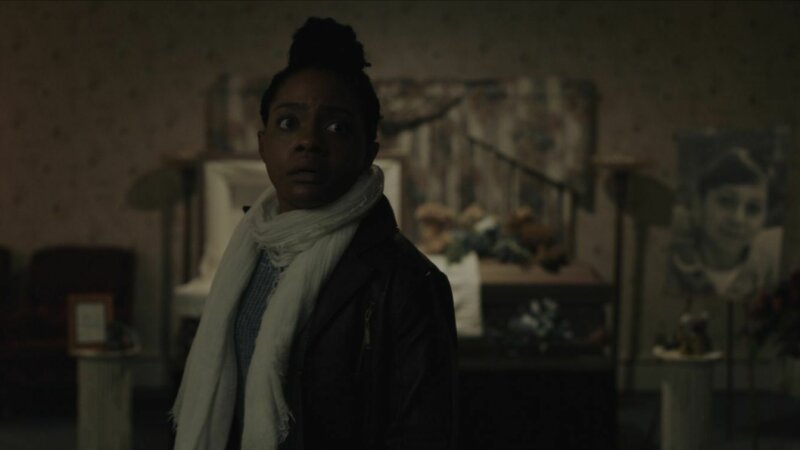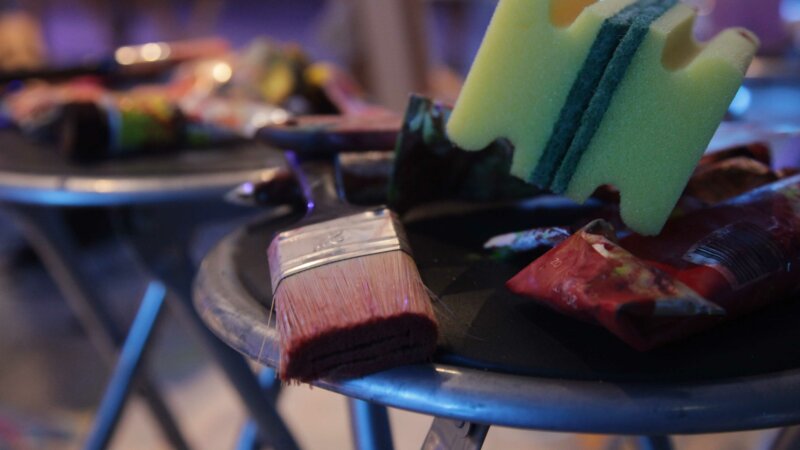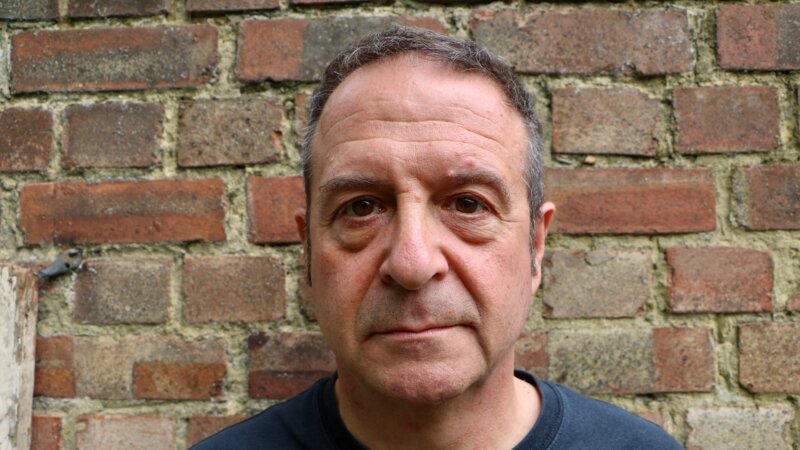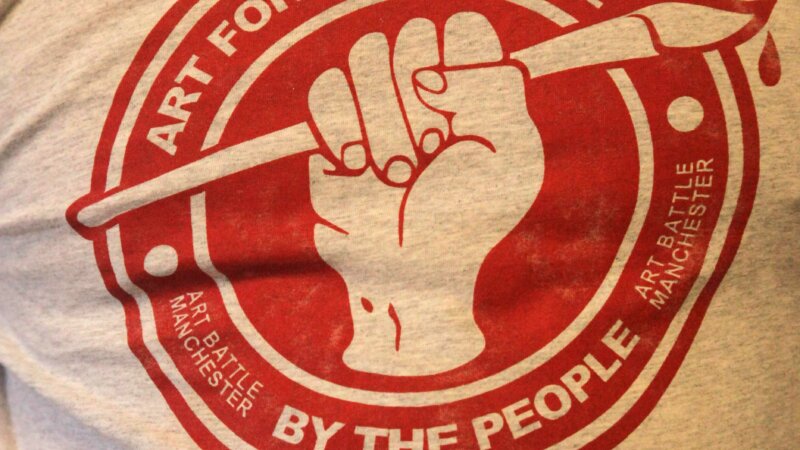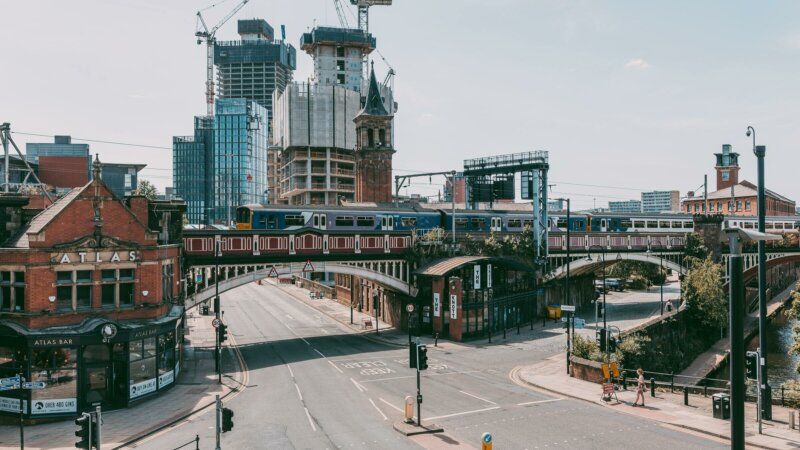Multiculturalism: A Diverse City
Across the globe, the political pendulum is swinging to the right. Throughout Europe, openly fascist parties have transformed fear and apathy into election wins, with the already militarist US potentially following suit. Islamophobic policies have been co-opted by mainstream parties bowing to the anti-refugee stance of the media (ergo, the voting public), who wage daily wars on the voiceless, citing free speech as their rationale.
As world events unfold, at least to anyone with a small grasp of history, there’s a depressing sense of déjà vu and it’s hard to shake the feeling that things will only get worse. But despite the encroaching shadow of Armageddon blocking out the sun, now is as important a time as ever to celebrate the many positives of multiculturalism. Not just to combat the ‘us and them’ narrative that makes divide-and-rule politics so effective, but because amongst the maelstrom of bullshit bombarding your brain 24/7, it’s nice to cleanse yourself from the spittle-flecked vitriol infecting your soul.
The city of Manchester is either a multicultural success story or a threat to national security, depending on which newspapers you read. What can’t be questioned is its diversity, with over 200 languages reported to be spoken and a melting pot of nationalities coexisting. Only London has a bigger Jewish community in Britain and Manchester’s Chinatown district is the third largest in Europe. The four universities dotted around the city centre are also testament to its global appeal, bringing a unique draw of overseas students each year, sustaining the vibrant nightlife and the local economy.
The city has had a steady influx of economic migrants stretching back to its industrialised days. Ever since Irish roots were planted in the bleak Victorian slums of Little Ireland, there have been waves of emigration from across the Irish Sea. In the post-war period, a large West Indian community and various citizens from the Indian sub-continent began to arrive in the city, influencing the music and cuisine, and subsequently the local culture, for the better.
The British Nationality Act of 1948 was passed to utilise cheap labour from the Commonwealth and people from the former colonies were actively encouraged to move over by the Atlee government. This was met by initial resistance from the baying public (sound familiar?), which culminated in Enoch Powell’s ‘Rivers of Blood’ speech, calling for the Act to be repealed. Like the Irish before them, the new arrivals to the city were subjected to shameful prejudice when they first arrived. A few generations later, the situation seems to have improved tenfold.
That is not to say that the powder keg of racial tension that exploded during the Moss Side riots of 1981 or the Oldham riots of 2001 won’t reignite, especially with the media onslaught of the ‘other’, which continues to be society’s most popular pariah. We can only speculate that things appear to be better, which is why generalisations are often easier for people to grasp. This is especially the case for Middle Englanders, whose few interactions with anyone outside their gene pool are between the Daily Mail’s hate-filled pages.
Locally, many second and third generation immigrants are, quite rightly, proud of their roots, but a lot of these people are also proud Mancunians who are comfortable sharing two distinct lineages. My gran is Indian, but born and raised in Kenya before settling in Manchester in the mid-60s. She’s been here most of her life and considers herself more Mancunian than a Gallagher brother (Irish) chasing Marco’s ice cream van (Italian) for a twenty bag (Jamaican) on a drizzly afternoon. Of course, that sentence is full of terrible clichés, but as I said, generalisations are a difficult reflex to ignore and sometimes make a point well enough.
To all the keyboard warriors frothing at the loins and spouting racial hatred from behind a computer screen, Manchester is proof that people can be proud of their differences whilst still united. Worshipping different religions is less likely to get you into trouble than worshipping different football teams. Although the city is not immune to the current climate of fear and loathing, our history proves that these obstacles can be surpassed.
People have always sought better lives. They have done and will do until the last atom bomb falls. It’s as predictable as the seasons were before we tipped the climate past the point of no return. It’s important to note that the reactionary scapegoating that clogs up your social media feed is far from a modern phenomenon too. It’s just a more modern vessel through which fear and ignorance spread. That fear and ignorance lays dormant inside every human being, as does the strength of character and love needed to combat it. Although history is cyclical, there’s no harm in trying to alter our future for the better, even if we are doomed to repeat the mistakes of the past.

